BEIJING, May 22 – Chinese Foreign Minister Wang Yi, Pakistani Deputy Prime Minister and Foreign Minister Mohammad Ishaq Dar and Afghan Acting Foreign Minister Amir Khan Muttaqi held an informal meeting in Beijing on Wednesday.
The foreign ministers spoke highly of the outcomes of the China-Afghanistan-Pakistan trilateral dialogue, and engaged in in-depth discussions on further tapping the potential of the trilateral mechanism and advancing mutually beneficial cooperation, the Xinhua News Agency reported on Wednesday.
Wang summarized seven key points from the meeting, including an agreement
on convening the sixth China-Afghanistan-Pakistan Trilateral Foreign Ministers’ Dialogue in Kabul at an early date. On deepening Belt and Road cooperation, the ministers agreed to promote the extension of the China-Pakistan Economic Corridor into Afghanistan and enhance regional connectivity infrastructure development.
Qian Feng, director of the research department at the National Strategy Institute at Tsinghua University, noted that the meeting was built upon earlier discussions on extending the CPEC northward into Afghanistan, signaling a renewed commitment to regional connectivity and development.
The CPEC, as a major cooperation project, will greatly contribute to the country’s socioeconomic development, but it still faces risks such as the threat of terrorism. Eliminating these threats has become an urgent issue for Pakistan.
China also hopes to provide support and help create a stable and favorable environment for the development of the CPEC, Liu Zongyi, director of the Center for South Asia Studies at the Shanghai Institutes for International Studies, told the Global Times in a previous interview.
The three countries agreed on opposing terrorism in all forms, carrying out law enforcement and security cooperation, combating terrorist forces of respective concern, and remaining vigilant against external interference in regional countries’ internal affairs, according to Wang.
The foreign ministers called for efforts to safeguard regional peace and stability in order to create an external environment conducive to the three countries’ development.
“The meeting’s outcomes clearly demonstrate that the three foreign ministers have reached a consensus and coordinated their positions on counterterrorism, which is of strategic significance for advancing regional security cooperation,” Zhu Yongbiao, director of the Center for Afghanistan Studies at Lanzhou University, told the Global Times on Wednesday.

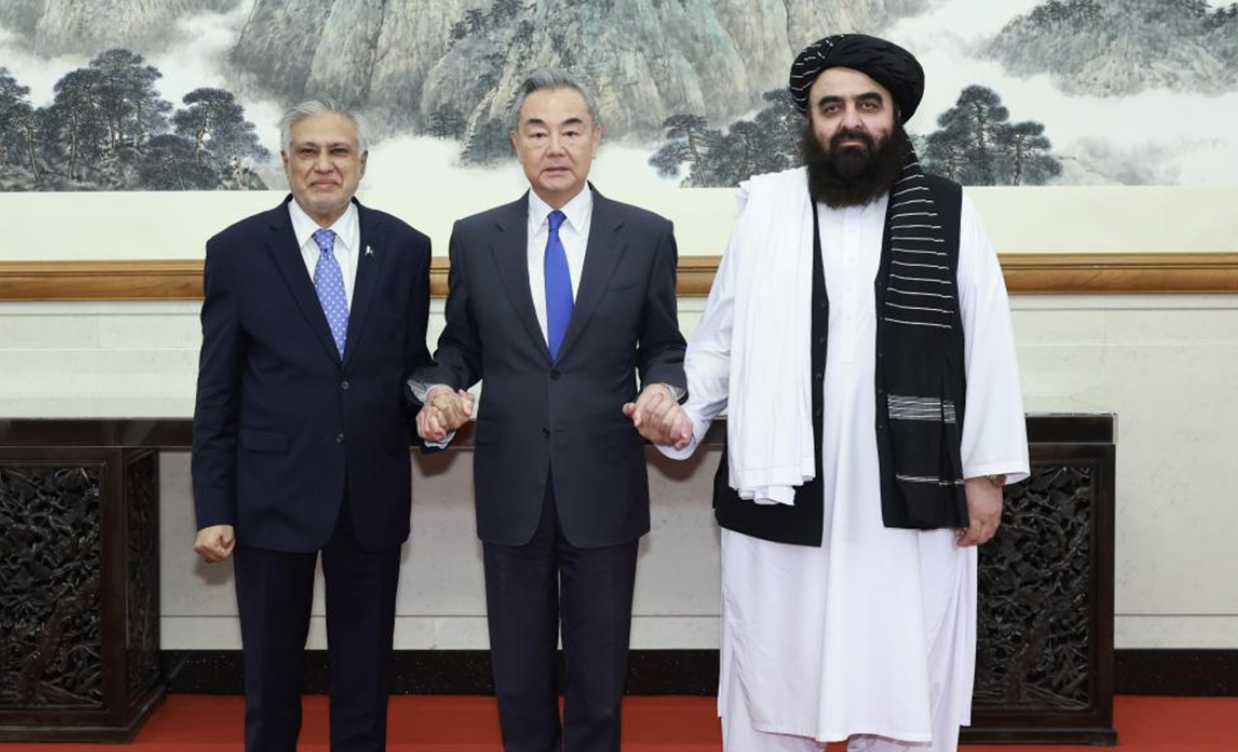








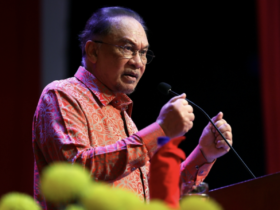
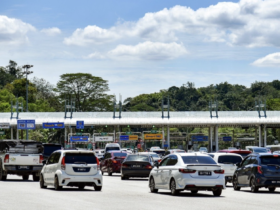

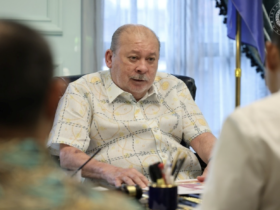
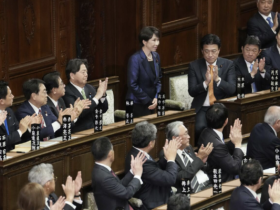
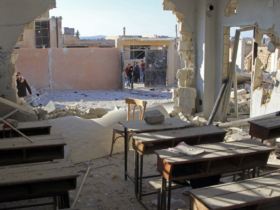


Leave a Reply